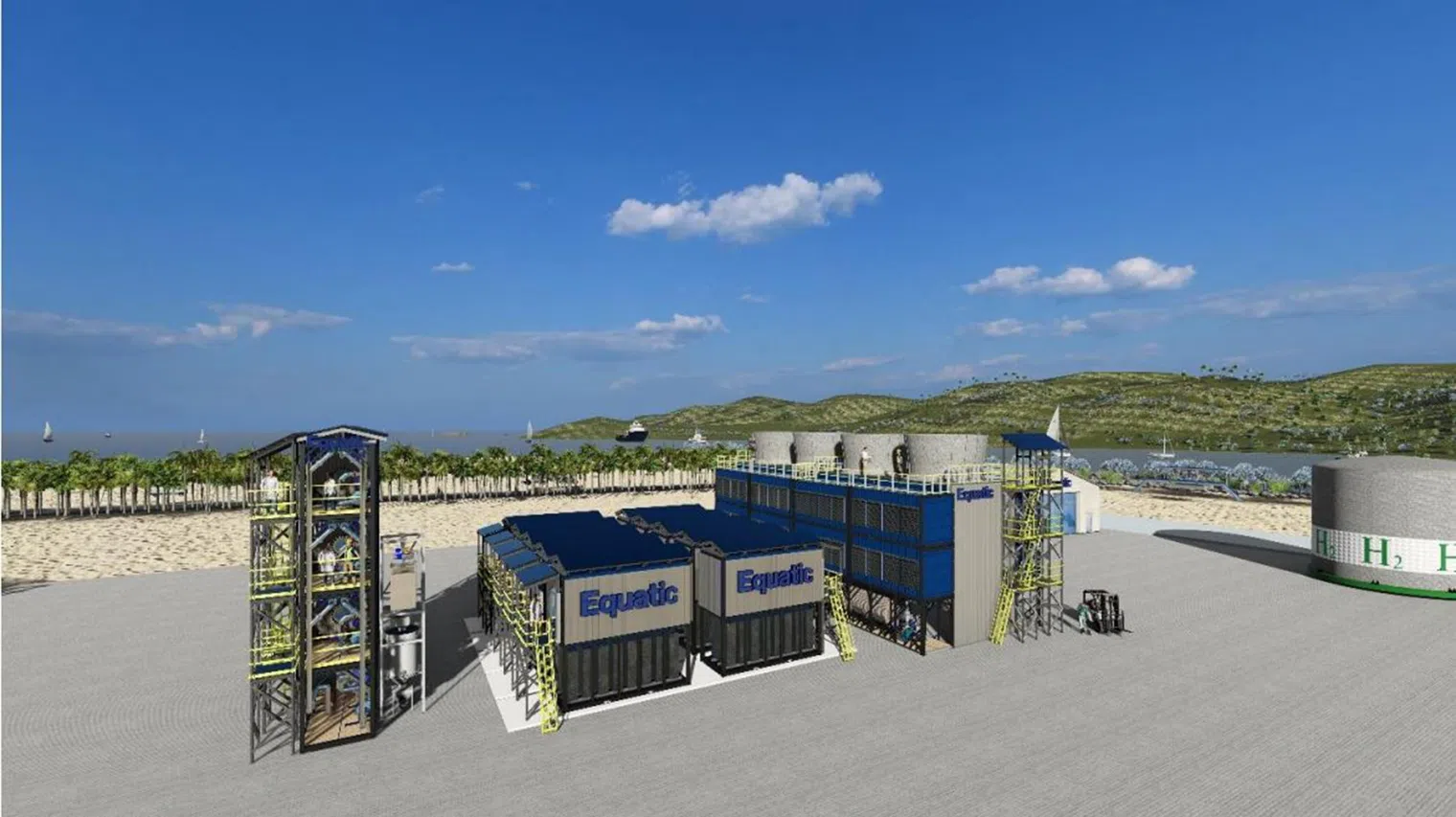Singapore signed a memorandum of cooperation (MOC) with Japan on Wednesday (Aug 21) to deepen their collaboration on carbon capture and storage (CCS) technologies.
CCS helps to reduce carbon emissions through a process of capturing, transporting and storing carbon dioxide.
Under the agreement, both countries will exchange best practices for cross-border CCS, as well as insights on related technologies. They will also pool expertise and resources to expedite the adoption of CCS processes in the region.
The MOC was signed by Singapore’s Second Minister for Trade and Industry Tan See Leng and Japan’s Minister of Economy, Trade and Industry Ken Saito on the sidelines of the second Asia Zero Emission Community (Azec) Ministerial Meeting in Jakarta.
Initiated by Japan, the Azec initiative aims to facilitate regional collaboration to pursue energy transition pathways and further Asia’s decarbonisation trajectory.
Dr Tan described Japan as “a leader in CCS technology innovation”, saying that Singapore could learn from it in terms of research and adoption of CCS technologies.
“Singapore is keen to work closely with Japan to develop and adopt common standards for CCS, creating a more interoperable market for CCS solutions in the region,” he added.
CCS is internationally regarded as a key measure in global climate mitigation efforts. Both the Intergovernmental Panel on Climate Change and the International Energy Agency have acknowledged its importance in achieving net-zero emissions by mid-century. The MOC signing took place a day after Malaysian state energy firm Petroliam Nasional, or Petronas, signed an agreement to collaborate with the Abu Dhabi National Oil Company and UK-based CCS solutions firm Storegga to evaluate carbon dioxide emissions storage in Malaysia. The three companies will also construct CCS facilities in the Penyu basin in offshore Peninsular Malaysia.
The deal targets at least five million tonnes per annum of CO2 capture and storage capacity by 2030, with activities set to begin later this year.



